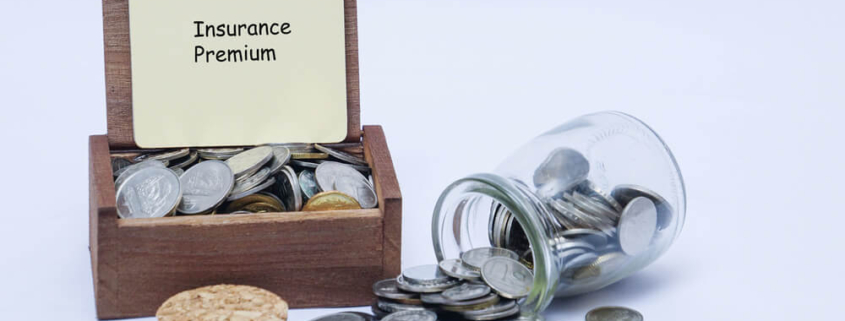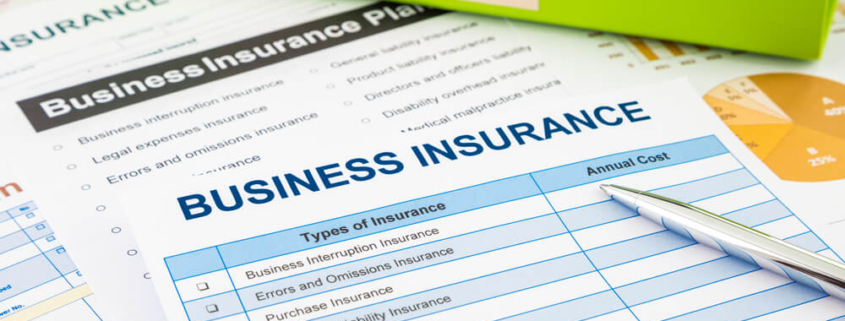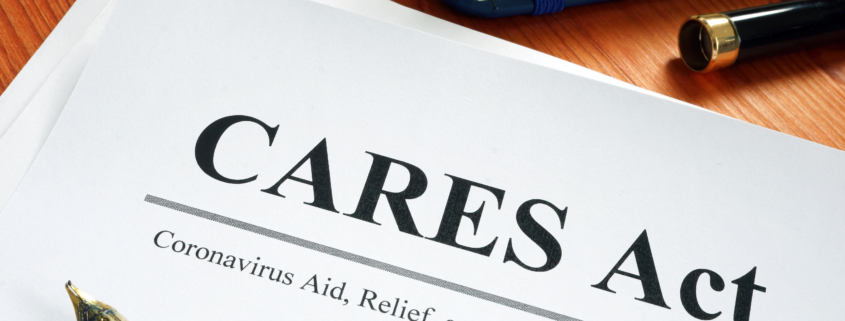Here are the top six ways to reduce your premium while still ensuring quality coverage.
1. Thorough Background Checks on Workers
The key to lowering premiums is to reduce the number of liability claims against your business. One of the steps to limit claims is to do a thorough background check before hiring employees because workers with past criminal records may increase the risks of liability claims against your business.
2. Bundled Policy for Multiple Coverages
There are various types of insurance coverage for businesses. The most cost-effective way to purchase coverage is by bundling all your purchases into a single package like the business owner policy (BOP). A bundled policy can reduce the premium rate by purchasing coverage from a single agent rather than individual policies from multiple insurance companies. You may enjoy even more discounts by bundling personal and business coverages all into one policy.
3. Employ Adequate Safety Measures
Imputing top-notch security and safety measures like fire alarms and extinguishers in your business may reduce the risk of damages and, as a result, help lower your premiums. Emergency measures and preparations for natural disasters may significantly reduce the premiums that a business has to pay compared to its contemporaries.
4. Maintain Good Credit
Insurance companies will consider your business’s credit history before deciding on a quote. Building and maintaining a good credit score will lead to higher insurance limits and reduced premiums. An excellent credit rating for your small business is even more important when you have a low personal credit score.
5. Stick With the Essentials
Insurance agents may try to sell their products by convincing you that you need multiple coverages for maximum protection. While having extra coverage is not bad, it does lead to an increase in your premiums. It is essential to avoid unnecessary coverage if you aren’t willing to deal with higher premiums. There are some coverages with similar or overlapping benefits, which may amount to waste if more than one policy is purchased. It is advisable to study what each policy entails to have a clear understanding of the ideal coverages for your business.
General liability, auto and property insurance rank in the top spots for necessary coverages for any small business.
6. Compare prices
Being a savvy shopper is important when looking to purchase insurance. Be sure to explore multiple insurance companies to compare prices before deciding on your business’ best offer. Contact the experts at James Page Insurance today. We have access to dozens of insurance companies. We look forward to helping you with all your coverage needs.










